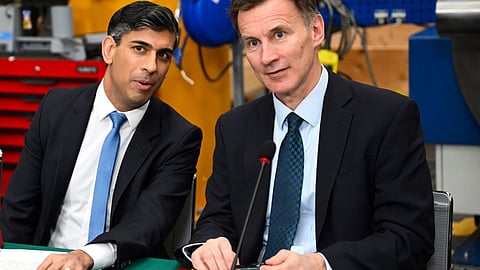Britain may tax Citizens on worldwide earnings like the US does: Merryn Somerset Webb
As the UK budget looms, Chancellor Jeremy Hunt faces economic challenges, contemplating changes to the non-domiciled tax regime. The proposal suggests altering the system or abolishing it, potentially generating revenue but raising questions about its impact on wealthy expats. Amidst political manoeuvring, the overlooked opportunity of taxing UK passport holders living abroad emerges, considering their newfound voting rights. With 3.5 million eligible expats, this untapped revenue source prompts a reevaluation of representation and taxation for globally dispersed citizens.
Sign up for your early morning brew of the BizNews Insider to keep you up to speed with the content that matters. The newsletter will land in your inbox at 5:30am weekdays. Register here.
By Merryn Somerset Webb
With only a few days until the next UK budget, there's a faint sense of desperation in the air. How on earth can Chancellor of the Exchequer Jeremy Hunt pull a few rabbits from the hat in a world of record government debt, a nasty deficit and inflation still running at double the Bank of England's target?
___STEADY_PAYWALL___

